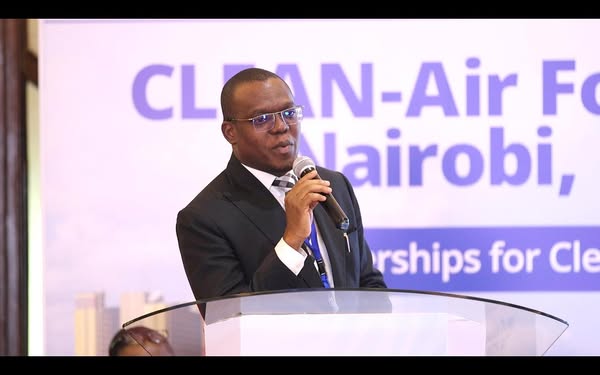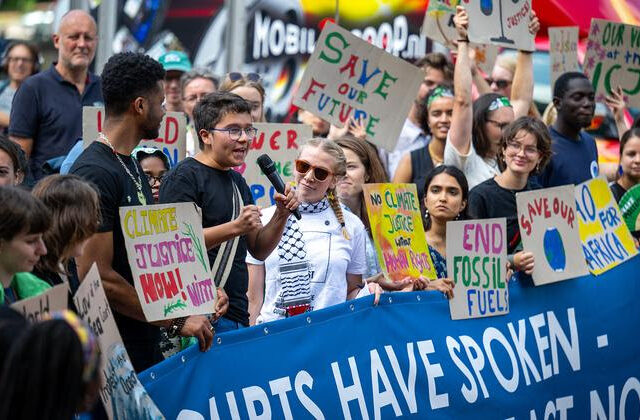At the ongoing West African Refined Fuel Conference in Abuja, Africa’s richest man and President of Dangote Industries Limited, Aliko Dangote, delivered a stark wake-up call to African governments, regulators, and the petroleum industry.
Speaking at the event hosted by the Nigerian Midstream and Downstream Petroleum Regulatory Authority (NMDPRA) and S&P Global Commodity Insights, Dangote revealed that despite Africa’s abundant crude oil reserves, the continent imports over 120 million tonnes of refined petroleum products every year — at a staggering cost of $90 billion.
More shockingly, the newly launched Dangote Petroleum Refinery — the continent’s most ambitious industrial facility — imports between 9 to 10 million barrels of crude oil monthly from the United States and other countries, due to challenges accessing Nigerian crude on competitive terms.
Africa produces about 7 million barrels of crude oil daily, yet it refines only 40% of its consumption, which hovers around 4.3 million barrels per day. By comparison, Europe and Asia refine over 95% of the petroleum products they consume. This glaring gap, Dangote said, reflects not only lost economic opportunity but also deepening dependency.
“We produce plenty of crude but still import refined fuel, effectively exporting jobs and importing poverty. This is a $90 billion opportunity being captured by other regions — year after year,” Dangote lamented.
To highlight the scale of the missed opportunity, he noted that only 15% of African countries have a GDP above $90 billion, meaning the continent forfeits an entire economy’s worth of value annually to foreign refiners.
Dangote shared the herculean effort involved in building the world’s largest single-train refinery — a facility constructed on 2,735 hectares (seven times the size of Victoria Island), including 70% swampy terrain that required 65 million cubic metres of sand to stabilize. The refinery features:
- Over 250,000 foundation piles
- Millions of metres of cabling, pipes, and electrical infrastructure
- A dedicated seaport to accommodate over 2,500 pieces of heavy equipment and 330 cranes
- The world’s largest granite quarry, with an annual output of 10 million tonnes
- At its peak, the project employed over 67,000 workers, with 50,000 Nigerians involved.
However, Dangote emphasized that despite the engineering success, commercial and logistical challenges persist. Exchange rate fluctuations — from ₦156/$ to ₦1,600/$ — and bottlenecks in accessing local crude have raised production costs, while port charges and red tape now make refining in Nigeria more expensive than in India.
Despite Nigeria producing about 2 million barrels of crude daily, Dangote disclosed that the refinery often purchases Nigerian crude through international traders who re-sell it with hefty premiums — a system that inflates costs unnecessarily.
Port and regulatory charges further undermine competitiveness. For instance, port fees can account for 40% of total freight costs, sometimes costing more than the actual shipment. In contrast, loading from neighbouring Lomé, Togo, comes with significantly lower charges, making it more attractive for buyers.
Dangote also raised an alarm over Africa’s growing status as a dumping ground for cheap, low-quality, and sometimes toxic fuel — including heavily discounted Russian petroleum products. These fuels, often blended below safety and environmental standards, would be outright banned in Europe or North America.
“We are now facing the dumping of cheap, often toxic petroleum products — blended below safety standards. This undermines local refiners and endangers public health,” he warned.
Dangote strongly criticised the lack of harmonised fuel specifications across African countries, which creates artificial trade barriers. For instance, diesel produced in Nigeria cannot be sold in Ghana, Cameroon, or Togo, despite similar vehicular needs.
“This lack of harmonisation fragments the market, imposes inefficiencies, and benefits only international traders who thrive on arbitrage,” Dangote stated.
He also questioned Nigeria’s diesel cloud point regulation of 4°C, which restricts crude processing options and raises costs, especially considering that few Nigerian regions experience such low temperatures. Most African countries, he pointed out, have more practical standards ranging between 7°C and 12°C.
In his closing remarks, Dangote called on African leaders to emulate Europe, Canada, and the U.S., which protect their domestic refiners through smart policies and incentives.
“It defies logic and economic sense for Africa to export crude and import refined fuel. We have the capability to produce for ourselves, closer to both source and consumption,” he stressed.
Dangote’s message is a rallying call: if Africa wants to break its cycle of dependency and poverty, it must invest in refining, harmonise regulations, eliminate unnecessary bottlenecks, and adopt policies that prioritise domestic industry, quality, and efficiency.







